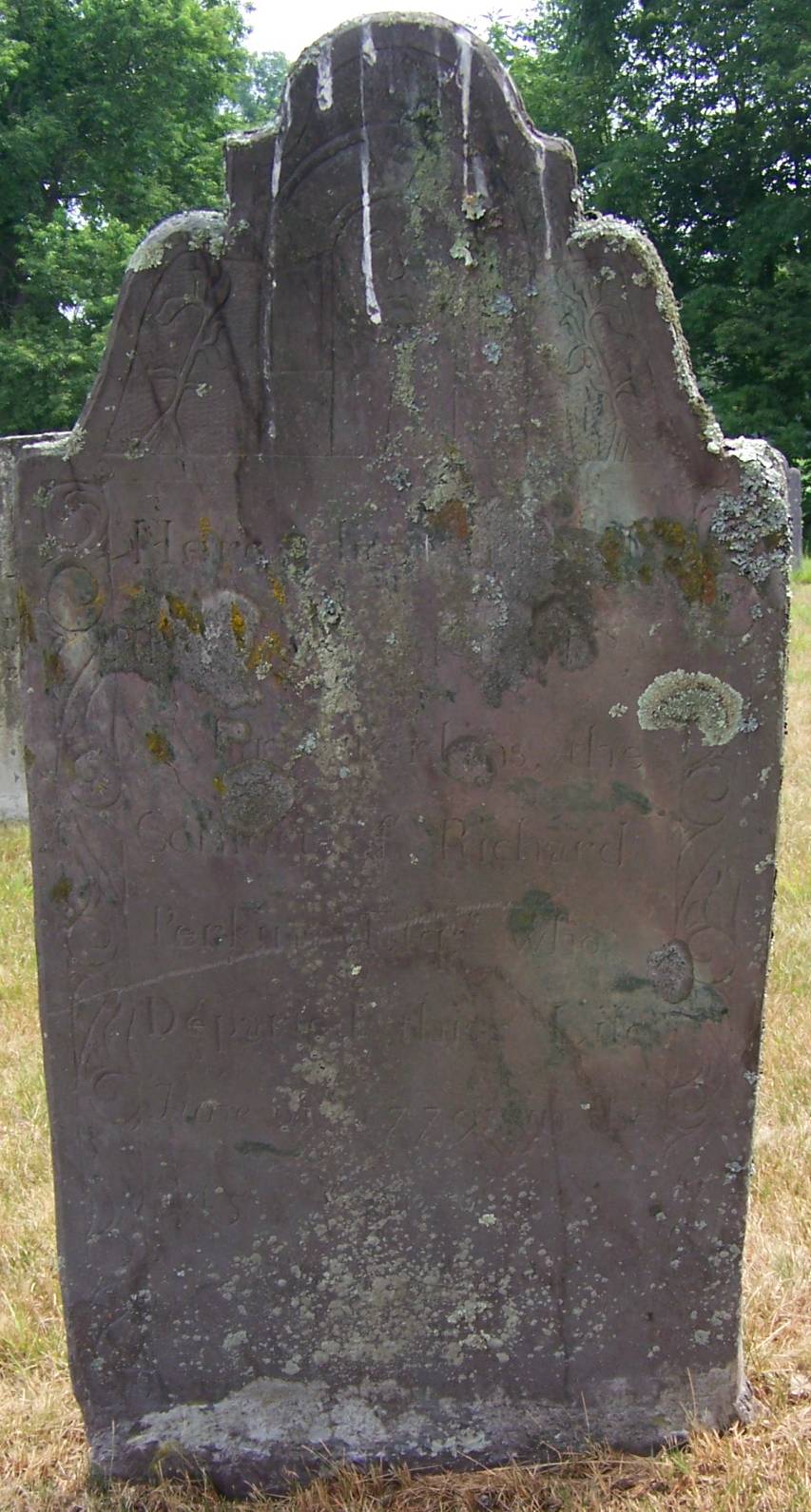“The secret resentment of designing persons”
In late May 1775, the Massachusetts committee of safety received a message from Abijah Brown of Waltham reporting that he had delivered three cannon to Watertown as ordered, and that he was their “most obedient and most humble servant.”
But the committee also received a report co-signed by five Waltham selectmen that Brown was bad-mouthing them and Gen. Artemas Ward as the equivalent to “a set of idiots and lunaticks.”
Perhaps even more disturbing, Brown was reportedly saying things like:
The committee of safety, with Benjamin White of Brookline in the chair, decided that “any determination on this case is out of the department of this committee” and passed it up to the whole congress. They added a wish “that you may be furnished with such light as may enable you to determine thereon as to you in your wisdom.” So good luck, gentlemen.
The lead signatory of the report, Jonas Dix, was himself a member of the provincial congress. Earlier in the year, Brown had led an effort to disqualify him from that post. Presumably he was happy to share all that he had heard back in Waltham.
The legislature appointed a committee led by Dr. Richard Perkins of Bridgewater to consider the matter. On 27 May he reported back. Notably, he addressed the “complaint against lieutenant colonel Brown.” The Waltham warning had referred to “Abijah Brown, who calls himself Lieutenant-Colonel,” casting doubt on his rank. So by using that title the committee recognized Brown as a high-ranking officer in the state army.
Dr. Perkins said:
TOMORROW: Of course not.
(I couldn’t find Dr. Richard Perkins’s gravestone to stand in for a portrait, so the stone above is for his wife Mary [1735-1779]. She was John Hancock’s older sister. Richard and Mary were also stepsiblings, his widowed father having married her widowed mother.)
But the committee also received a report co-signed by five Waltham selectmen that Brown was bad-mouthing them and Gen. Artemas Ward as the equivalent to “a set of idiots and lunaticks.”
Perhaps even more disturbing, Brown was reportedly saying things like:
that the [Massachusetts Provincial] Congress had no power to do as they did; for all the power was and would be in the Army; and if the Congress behaved as they did, that within forty-eight hours the Army would turn upon the Congress, and they would settle matters as they pleased; that there would be nothing done but what would be done by the ArmyNotably, Brown lumped Gen. Ward in with “the Congress” instead of “the Army.” It would be interesting to know what he might have meant by this rant—was he pining nostalgically for the situation only a few months earlier, when locally appointed town committees and militia companies were organizing rebellion with no provincial authority telling them what to do? Or did he just want to keep those three cannon?
The committee of safety, with Benjamin White of Brookline in the chair, decided that “any determination on this case is out of the department of this committee” and passed it up to the whole congress. They added a wish “that you may be furnished with such light as may enable you to determine thereon as to you in your wisdom.” So good luck, gentlemen.
The lead signatory of the report, Jonas Dix, was himself a member of the provincial congress. Earlier in the year, Brown had led an effort to disqualify him from that post. Presumably he was happy to share all that he had heard back in Waltham.
The legislature appointed a committee led by Dr. Richard Perkins of Bridgewater to consider the matter. On 27 May he reported back. Notably, he addressed the “complaint against lieutenant colonel Brown.” The Waltham warning had referred to “Abijah Brown, who calls himself Lieutenant-Colonel,” casting doubt on his rank. So by using that title the committee recognized Brown as a high-ranking officer in the state army.
Dr. Perkins said:
That after a full hearing of the allegations and proofs for and against said Brown on the complaint of some unknown person through the selectmen of Waltham to this honorable Congress we are of the sentiment that an unhappy controversy has existed in said town relating to public affairs in which said Brown had exerted himself very earnestly in favor of the cause of liberty by which means he had disgusted several persons who have since endeavored therefor to censure and stigmatize him as being an officious busy designing manThe official ruling, in sum, was that some of Lt. Col. Brown’s neighbors (Dix?) were out to get him—and that he had helped them along by running off at his mouth. Would that scare be enough to make him toe the line in future?
and unhappily it appears that Mr Brown has associated in taverns indiscriminately with many persons in discourse with whom he at some times had inadvertently expressed himself which he would not strictly justify himself in
And that it is evident those disaffected antagonists of Mr Brown’s had taken the advantage of his halting purely from revenge and the committee adjudge from the whole of the evidence for and against said Brown that he is injuriously treated by the secret resentment of designing persons and that he ought to be reinstated to the esteem and countenance of every friend to the liberties of this country
TOMORROW: Of course not.
(I couldn’t find Dr. Richard Perkins’s gravestone to stand in for a portrait, so the stone above is for his wife Mary [1735-1779]. She was John Hancock’s older sister. Richard and Mary were also stepsiblings, his widowed father having married her widowed mother.)


No comments:
Post a Comment